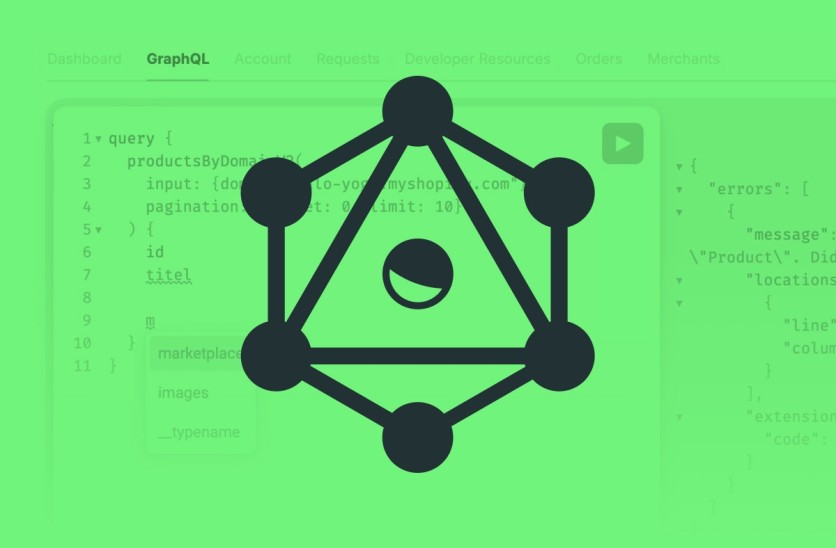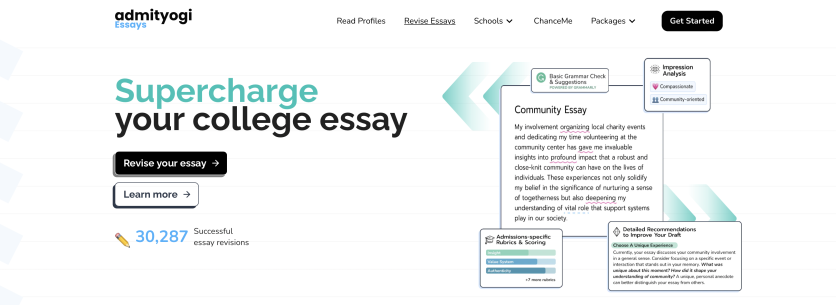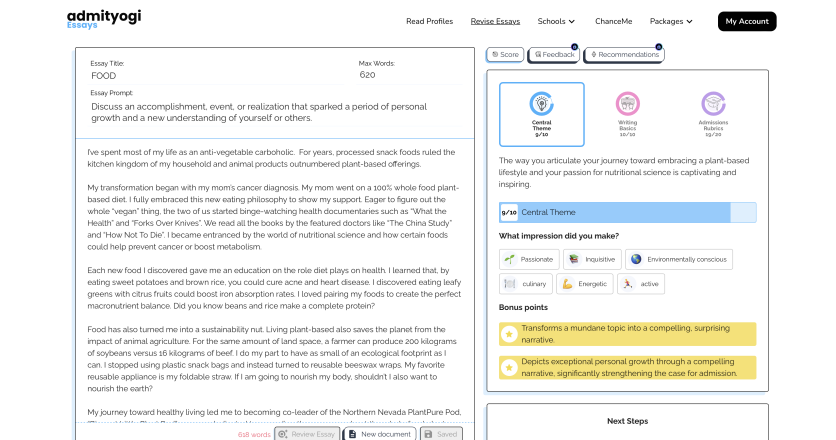
Sophia Willows stands at the nexus of technology and strategic management, her multifaceted roles illuminating her unique perspective. As a seasoned leader in software engineering based in New Zealand, Sophia's journey through the tech startup landscape is characterized by a commitment to practical results over flashy innovations. Currently, she holds the position of Head of Engineering at Rye, where she evangelizes developer experience and integrates GraphQL best practices into engineering workflows. Her reputation as a leader is bolstered by her philosophy of aligning technological advances with strategic insight, aiming always to generate business value rather than merely achieving technological milestones.
Sophia's career is a testament to her dedication to fostering a culture of learning and excellence. She consistently underscores the role of technology in addressing real-world problems, steering clear of overly complex systems. This principle is encapsulated in her own words: "I'm extremely product-minded and care deeply about our customers. I want to do right by them." This philosophy is not just theoretical but has driven her work, such as her leadership on AI integrations at Crimson Education.
Sophia's blogging further demonstrates this mindset, discussing topics ranging from AI to engineering leadership and capturing the interest of the tech community. Her followers are drawn to her insightful discourse on tech strategies. Through her various roles, Sophia bridges the technical and managerial spheres, advancing both with deliberate vision.
Transparent Architecture for Team Unity
At Rye, maintaining technical and architectural alignment is an ongoing process, with a strong emphasis on transparency and clear communication. Sophia highlights the importance of a robust writing culture, where "all architectural design decisions get written down somewhere everyone else can see them." This open approach ensures that before any technical implementation begins, the team reviews the design documents collaboratively, keeping everyone aligned on project goals.
However, software development rarely follows a flawless plan. As projects evolve, so do the tasks, making it essential to keep the team informed of these changes. By decomposing code changes into smaller, digestible pieces and enforcing code reviews, Rye ensures that even within a complex system, nothing gets overlooked. When issues do arise, postmortem reports enable the team to learn from mistakes and refine their processes. As Sophia notes, "ensuring alignment is an ongoing process," one that evolves alongside new challenges and opportunities.
Overcoming AI Challenges with AdmitYogi
Leading the development of AdmitYogi presented significant challenges, particularly due to the complex nature of AI essay review. College admission essays vary widely, encompassing concrete personal experiences to abstract, metaphorical expressions. As Sophia explains, "It's impossible to build a one-size-fits-all model," so the team designed a mixture of expert architecture to handle the diverse types of essays more effectively than previous solutions.
Sophia's role as an engineering manager was crucial in bridging the gap between technical execution and external stakeholder expectations. She translated vague, high-level requirements into clear technical tasks, ensuring the product met both technical standards and subject matter needs. Collaborating with essay review experts, whose mental models often differed from those of engineers, posed additional challenges. However, Sophia's experience in managing this impedance mismatch allowed her to strike the right balance and build a product that addressed the AI review problem effectively.


Challenges in Startup Scouting
Scouting early-stage startups presents unique challenges, primarily due to the limited information available at such a nascent stage. Sophia often finds herself evaluating incomplete MVPs and working with founders who lack historical data on revenue or customer traction. "Investing in early-stage startups is—in some ways—similar to buying lottery tickets," she notes, but she emphasizes that certain levers can improve the odds, such as closely evaluating the alignment between technical and non-technical cofounders.
For Sophia, understanding the founding team's vision and cohesion is critical. She engages with cofounders one-on-one, ensuring they share a unified direction for the company's future. Her hands-on approach to reviewing code provides valuable insights into a startup's technical foundation. "I learn a lot about the technical founder doing this," she explains, noting that long-term technical thinking is now more crucial than ever, especially in a landscape where efficiency and reduced technical debt are increasingly important for success.
Tech Innovation Meets Simplicity
Approaching technology with a practical mindset, Sophia advocates that engineers often overcomplicate solutions by focusing too much on the latest tech trends. "At the end of the day, the role of a software engineer is to create business value and solve customer problems," she asserts, emphasizing that simplicity often leads to faster and more effective outcomes. This philosophy guides her decisions around integrating technologies like GraphQL and Kubernetes. For example, while Kubernetes was essential at Crimson Education, Sophia decided not to use it at Rye because it would be overkill for their current needs.
Before adopting any new technology, Sophia asks her team a critical question: "What problem are we actually trying to solve?" This ensures that the decision to implement a new solution is driven by clear business value, not mere excitement over shiny tools. Additionally, any new technology must "eat the old," meaning it must fully replace the previous system to avoid fragmentation in the tech stack. Sophia underscores that thoughtfully integrated technology improvements are key to enabling engineering teams to accelerate over time and do more with less.
Future Trends in Tech Architecture
Two key trends reshaping tech architecture are being closely monitored by Sophia. First, elevated interest rates are driving efficiency across teams, leading to smaller, more well-rounded engineering groups. This shift has significantly impacted architectural complexity, with companies moving away from microservices in favor of simpler, streamlined solutions. "We're seeing architectural complexity decrease," Sophia observes, as businesses prioritize efficiency over the intricate design choices more common in the past.
The second major trend Sophia is following is the rapid evolution of generative AI. With her team having processed over a billion tokens through tools like GPT, she foresees AI automating many repetitive architectural decisions, such as the need for load balancers, which are standard across most systems. This will allow architects to focus on more innovative, differentiated aspects of system design. As AI-powered architecture tools advance, Sophia is excited about their potential to free up creativity and deepen architectural thinking in the years to come.
A Framework for Success
When assessing the scalability of a startup, Sophia first examines the size of the addressable market, which sets a clear limit on potential growth. "If you're selling a product to a small audience with a limited budget, your startup isn't going to be very scalable," she explains. Beyond market size, Sophia evaluates product-market fit, noting that for a startup to succeed, customers must be passionate about the product. A lack of enthusiasm from the user base signals potential struggles in acquiring and retaining users long-term.
Sophia also scrutinizes the founding team's mindset, seeking a balance between executing unscalable actions to get off the ground and avoiding decisions that limit future growth. Alongside strategic factors, Sophia considers the technical architecture's ability to scale and the startup's unit economics, which have become increasingly critical in today's tighter funding environment. Efficient unit economics and capital discipline are now essential for survival as startups navigate fewer opportunities for follow-on rounds.
Bridging Academia and Industry
The importance of work-integrated learning is emphasized by Sophia as a key method to bridge the gap between academic education and industry needs. Reflecting on her own success, she credits a project paper from her university days for providing practical, real-world experience that complemented the theoretical aspects of her studies. "Academic institutions will never have a 100% perfect understanding of the needs of industry," she explains, but she believes that striking a balance between theoretical learning and practical application is essential for preparing students for the workforce.
In an industry that moves at lightning speed, Sophia stresses the need for regularly updating curricula to keep pace with innovations like ChatGPT. For example, her alma mater provided a valuable course on self-adaptive systems, heavily focusing on Kubernetes—a skill that has served her well in the field. However, she notes that not all educational institutions are as proactive in incorporating modern technologies, and keeping course content current is crucial for aligning education with industry advancements.
In a rapidly evolving industry, Sophia exemplifies thoughtful leadership and strategic foresight. Her influence spans various sectors, consistently highlighting the importance of technological adaptation. Her insights into trends, such as elevated interest rates and AI advancements, prepare her teams for future challenges. Sophia's legacy is rooted in her ability to connect technology with strategic foresight, as seen in roles like her tenure at Crimson Education. "AI-powered architecture tooling is evolving extremely rapidly," she observes, emphasizing her awareness of technological evolution. As she continues to guide the tech industry forward, Sophia's commitment to transparency and collaboration remains a cornerstone of her impactful leadership.
ⓒ 2025 TECHTIMES.com All rights reserved. Do not reproduce without permission.





